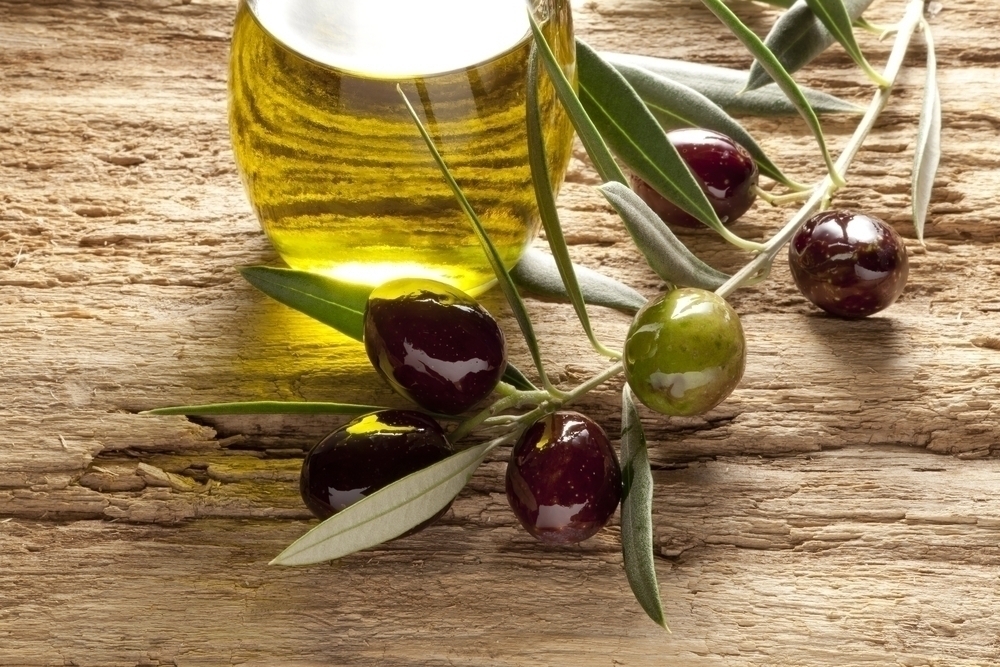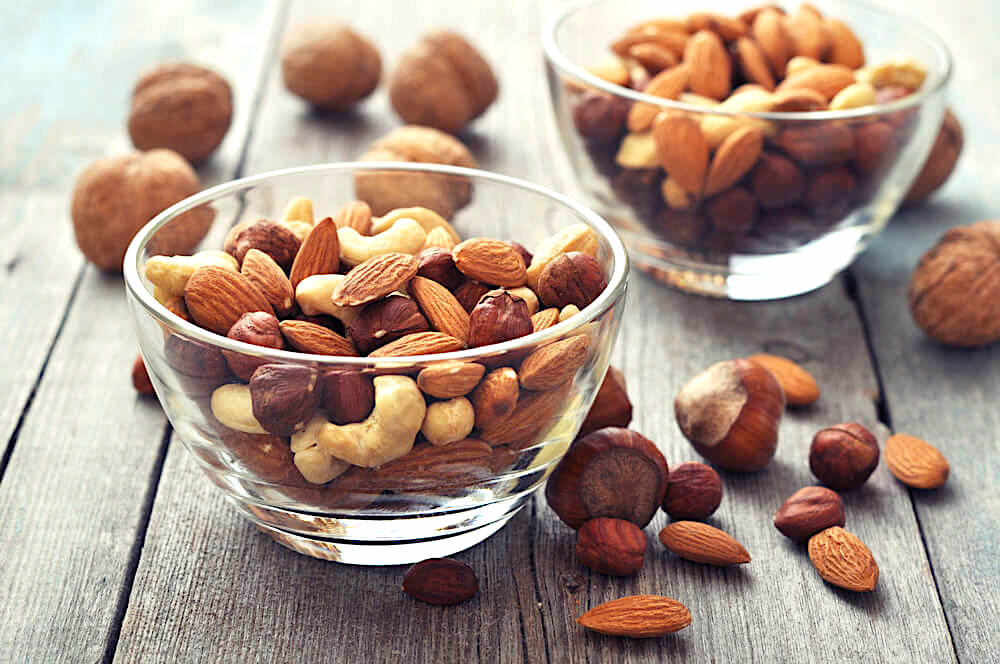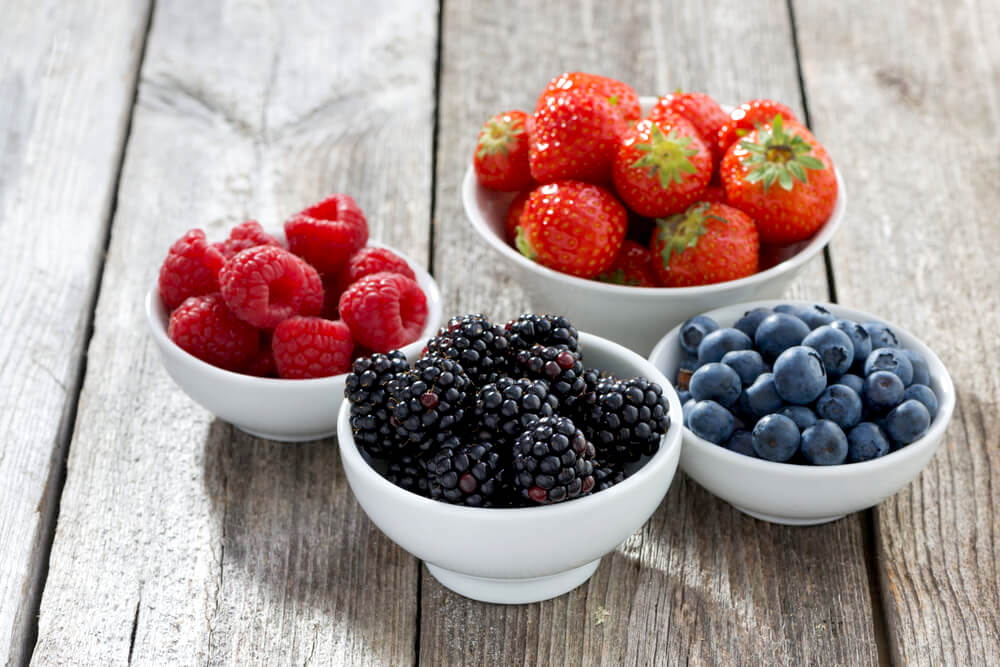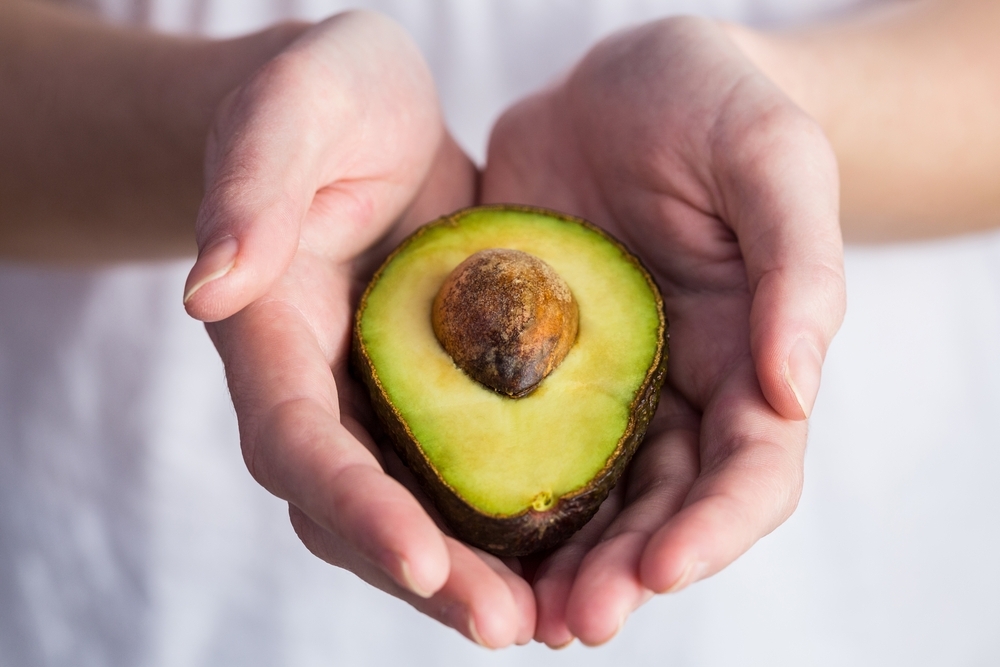
11 Superfoods That Will Boost Your Brainpower
As you might have already known, your brain is in charge of everything.
It is like a conductor of a big and complicated orchestra.
Now, imagine if the conductor was feeling a bit woozy because they haven’t eaten anything? Without the necessary cues, the trombone flips, the violin storms off the stage, and the piano simply crashes.
If you want a healthy and happy body, you need to have a healthy and happy mind. And one way you can ensure that is by providing proper nourishment.
Food for Thought
Many of us don’t even think about the food we eat on a daily basis. However, food is what gives our body energy, food is what gives it health and helps it develop.
But it is often that we forget this fact and choose something that is fast and easy.
If you want to truly boost your brainpower for a longer period of time, you should definitely try to encompass at least some of these foods on a regular basis.
No, we don’t mean every day.
However, it is definitely also recommended that you talk to a nutritionist before making any large dietary changes.
1) Coffee
Yes, yes, we decided to start with coffee, since it’s something that most of us like.
But, we are not talking about a tall latte with caramel drizzle (even though we would definitely like it, this is not the healthiest choice). We are talking about the essence of coffee.
There are truly numerous benefits of coffee, but the ones we are most concerned with have to do with the brain.

Now, if you’ve ever had to study under pressure (and you most certainly have, otherwise you’ve missed on an adventure!), you know that coffee is simply divine when your bed is calling your name.
We all know that coffee works wonders for alertness and focus. In fact, caffeine in coffee blocks adenosine, which can make you feel sleepy.
However, there is yet another benefit to coffee – it increases your brain’s capacity to process information. Some recent studies have found that caffeine increases the brain’s entropy.
Another good thing about coffee is that it can actually support your brain health as you get older. Longer consumption of coffee reduces the risk of Parkinson’s disease, stroke, and even Alzheimer’s disease.
However, always be mindful that too much coffee can lead to other health issues, so it is advisable not to drink more than 3-4 cups a day. If used excessively, it can even trigger a migraine. And then you can kiss all your brainpower goodbye.
2) Dark Chocolate
Yes, you’ve guessed it, we’re hittin’ you with the good stuff so you don’t hate us too much afterwards.
And no, milk chocolate doesn’t count.
Yeah, as we said – don’t hate us.
Cocoa contains flavonoids that actually improve blood flow to the brain. You know what that means – improved memory and focus. Cocoa can also prevent mental decline linked to old age.
Dark chocolate is full of organic compounds that function as antioxidants, which means that it’s also incredibly healthy in many other ways.
And we don’t even need to mention what chocolate (yes, even dark chocolate) does to your mood.
However, even though dark chocolate is healthier than its milkier version, it also has more calories. So, don’t eat too much of it, just enough to get that brainpower started.
3) Olives and Olive Oil
For a long time now, researchers have been pointing to the health benefits of olive oil. There are so many, that we can’t even name them all.
The bottom line is this – olive oil=health galore!

Now, some studies have even shown that regular consumption of olives and olive oil leads to less brain deterioration over time because of the mono-unsaturated fat that olives have. This is the healthy fat which actually increases the transportation of oxygen to the brain.
Olives can be eaten as snacks, you can put them in salads and even on pizza! Also, you can use olive oil for cooking (although it loses some of its healthy vibe when cooked), marinades and many salad dressings.
Truly, olives and olive oil are so versatile that they can be incorporated at least once a week in your regular diet.
4) Fish
No, tuna’s not gonna cut it.
You need the good kind of fish, that is, fatty fish, which includes:
- Trout
- Mackerel
- Herring
- Salmon
- Kippers
- Sardines
Yeah, not the nicest-smelling bunch in the b(r)ook, but hey, your brain’s going to be really grateful for your nose’s sacrifice.
These types of fish are rich in omega-3 fatty acids. And guess what your brain’s made of? (Well, not entirely, but to a great extent.)
This means that eating these types of fish not only boosts your brainpower, but it also helps protect your brain against mental decline. Some studies have found that not getting enough omega-3 fatty acids is linked with depression and even learning impairments.
So, it’s a good idea to incorporate fish into your diet. Try to eat it at least twice a week. That is, if you’re not allergic to fish, since it’s a common enough food allergen.
Which brings us to our next superfood.
5) Nuts
Nuts are great in all sorts of ways. You can have them in salads, as a snack on the go, you can even put them in cakes.
Talk about versatility!
Now, don’t go nuts here. While they are truly healthy, they are also packed (and we mean packed) with calories. So, if you’re on a restrictive diet, you might want to use them sparingly.

Most experts recommend a handful a day (to keep the doctor away) to get the most benefits without ingesting too much.
You might have heard that nuts are in general great for you heart. But did you know that eating nuts on a regular basis can reduce the risk of neurodegenerative diseases and improve cognition significantly?
Nuts are full of healthy fats and antioxidants. They are also rich in vitamin E, which shields cell membranes from free radical damage. This, in turn, slows down mental decline.
When it comes to the type of nuts you should eat – walnuts take the cake! They are full of fatty acids, copper, iron, calcium, manganese, folic acid, antioxidants, etc. Walnuts are the rulers of nuts everywhere.
However, nut allergy is truly widespread so, if you aren’t sure whether you have it, consult your doctor before you start eating of the aforementioned kinds on a regular basis.
6) Wholegrain Foods
Yeah, we told you you’d hate us.
We know, we know, nobody particularly enjoys eating wholegrain food. But have you ever wondered why the sudden popularity, then?
Because it is incredibly, incredibly healthy.
We kid you not.
Aside being great for digestion, whole grains are also a source of vitamin E, which, as we’ve mentioned, slows down mental decline by preventing free radicals from damaging cell membranes.
There are numerous ways you can incorporate wholegrain food into your diet. You can eat oatmeal, or wholegrain bread, or even use wholegrain pasta (which, we have to admit, does not actually taste that bad).
Why are whole grains good for the brain?
Well, the body works more to break them down, thus releasing energy in the form of glucose, into the body at a slower pace. This, in turn, extends your energy levels, increases your mood and concentration.
And, another perk is that you’ll feel full for longer.
So, instead of cramming down bacon or pancakes for breakfast, try a nice oatmeal or wholegrain toast. That will raise your energy levels and improve your concentration just when you need it most!
7) Pumpkin Seeds
Just like nuts, pumpkin seeds are also great as a snack, filling you up for a longer period of time. Again, you can use them in salads or eat them just without anything.
Just. Like. That.
However, they’re also great if you want to put them in your wholegrain bread. This is an awesome way to combine several things that are great for brainpower.
You might not have thought about them, but pumpkin seeds are truly beneficial to your overall health.
But why are they good for your brain?
They also have a lot of omega-3 fatty acids, which, as we’ve mentioned, support brain function. But, they also have magnesium (which is essential for learning and memory), B vitamins and tryptophan (which is a precursor for serotonin, improving good mood). Pumpkin seeds are rich in zinc, as well, which enhances memory and critical thinking, according to certain studies.
So, next time you’re thinking what healthy, brainpower-boosting snack to try out, the choice is simple!
But, again, not more than a handful.
8) Berries
Strawberries cherries and an angel’s kiss in spring
My summer wine is really made from all these things.
Nancy Sinatra knew what she was singing about.
And she knew how to use it to her benefit.
The song notwithstanding, berries are really a wondrous gift from the earth. Many of them contain flavonoid antioxidants, which can improve communication between brain cells, boost learning and memory, and reduce cognitive decline.

When it comes to the type of berries you should be munching on, these include, as Nancy sang, strawberries, of course, but also mulberries, blackberries, blueberries and black currants. These are all great for brainpower, and great for your immune system in general.
And they are certainly versatile when it comes to incorporating them in your diet. You can literally do anything with them, and they’ll still taste good.
Making fresh juice? Great!
Putting them in pie? Awesome!
Making a ham glaze? Why not?
There’s no reason why you should deprive your brain (and your body) from the gloriousness that are berries.
As the saying (that we’ve made up) goes, a new day, a new berry.
9) Leafy Greens
Tastes differ, but many people apparently share a distaste for this particular type of food.
Ever since we were little kids, our parents had to make us eat spinach, kale, broccoli, etc.
The monsters!
It’s like they wanted us to be healthy or something!
But all jokes aside, the health benefits of leafy greens are well-known and we are now (a little) less reluctant to eat them.
They are simply overflowing with vitamins, minerals and antioxidants good for your entire body. But when it comes to the brain, they have a lot of iron, which improves attention, learning and memory, as well as vitamin K, which increases cognitive function.
Basically, your parents were right.
You should eat your veggies.
10) Avocados
Avocado is also great for a number of reasons.
Yes, it’s a bit on the high-calorie side.
Okay, a bit more on the high-calorie side.
However, it is a great source of unsaturated fat. This type of fat reduces blood pressure, which is linked with cognitive decline. They are rich in omega-2 fatty acids, which improve blood flow to the brain.

Now, if you’re not certain how to incorporate avocados into your regular diet, we have one word for you – guacamole!
11) Eggs
Eggs are great for a number of reasons. Those reasons mostly include a vast array of ways to prepare them.
But, as it turns out, they also include some health reasons, as well.
Eggs are, in fact, a good source of some nutrients that have been linked with improved brain health – vitamins B6, B12, as well as folate and choline.
B vitamins can delay cognitive decline, while their deficiency has been linked to depression. As some research has shown, folate deficiency is common in the elderly suffering from dementia.
But choline is the star when it comes to eggs. Eggs are some of the richest sources of choline we can get. Choline is particularly important for the development of the memory center. The body uses choline to create acetylcholine, which is a neurotransmitter that regulates mood and memory.
An average egg yolk has about 200 mg of choline, but that doesn’t meet our daily needs. Women need 425 mg per day, while men need 550 mg.




Este artigo é ótimo. Muito bom!